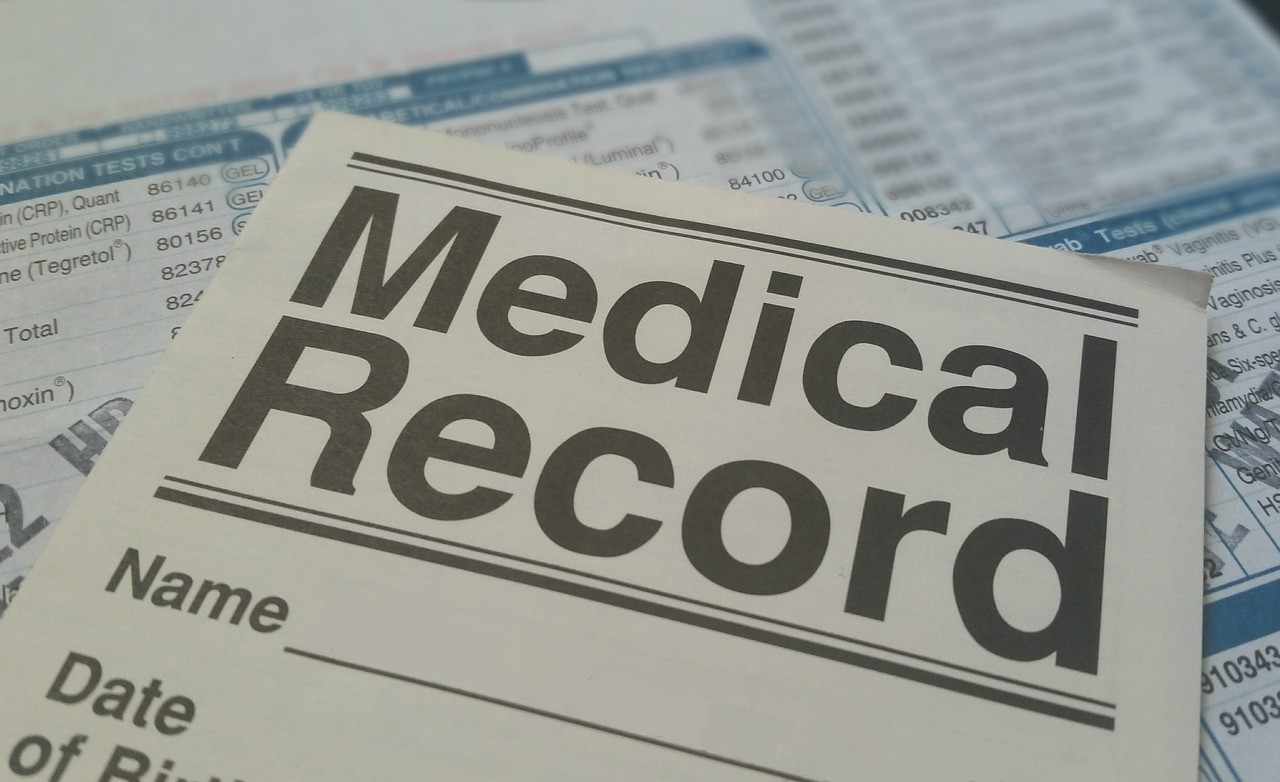How To Better Advocate For A Senior Parent
You’ve probably played many roles in your parent’s life but there is no more impactful and vital role you’ll likely play than as an advocate for their life and well-being. Being an advocate means working tirelessly to help them live the best possible life even at their most assailable.
Healthy aging can already be a challenge but when your parent is vulnerable and not always able to make the best choices regarding their own health and well-being, it’s up to you to step forward and speak up for them. Even if they may not always want you to do so.
Anyone seeking out senior care Cabarrus County NC would be smart to consider the many options and potential pitfalls that could negatively affect your parent now and over the long-term. But with a strong and supportive advocate in their corner, they’re assured to receive the level of care they deserve to best preserve their health and their dignity.
A good, strong advocate is one who monitors the level of care and support their senior is receiving, works with them to manage their finances and other matters, speaks up when the senior is unable to speak for themselves, and defends their parent’s wishes when it comes to care and their quality of life.
Long-Distance Advocacy
Sometimes a parent lives great distances away and you can’t always be by their side. That’s okay, you can still be a strong, supportive advocate for their health and well-being. But there are some things you need to consider in the way you go about it:
Routine Communication
The first thing to do is stay in touch with your senior parent on a regular basis. Whether that means setting a daily or weekly time to chat or just calling in when you feel the need to talk, there must be an open line of communication established. When you do speak, be sure to determine if there have been any changes in their condition.
Of course, your parent may not always reveal this information so it’s up to you to guide the conversation but don’t go about it directly. Just listen to what they have to say and while you can ask questions about how they’re doing, you’re likely going to get the most positive and upbeat response when, in reality, something is not right. But you can only find this out by checking in on a routine basis.
Have all Documentation on Hand
Sometimes you’ll need to spring into action on any number of issues and so it’s a good idea to have all of your senior parent’s pertinent information available in one place. This includes health data, contact information for your parent and all of his or her care providers, and any other important personal information. It’s a good idea to have your parent’s financial records in this same place as well.
Be Informed
You can either have all of this information available or know how to access it, but making yourself aware of the various care programs in your loved one’s area could be critical to their health and safety. So get a list of the caregivers in your senior’s neighborhood and the types of services that are offered. One of them could be instrumental in saving your senior’s life some day.















